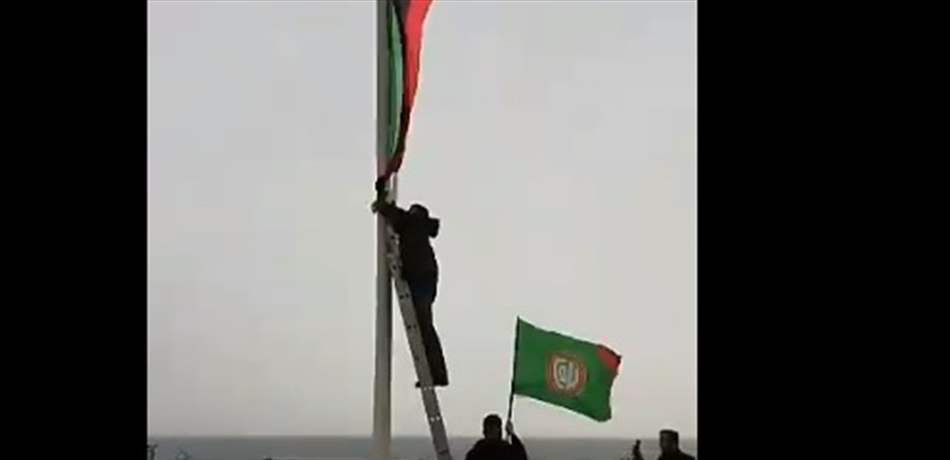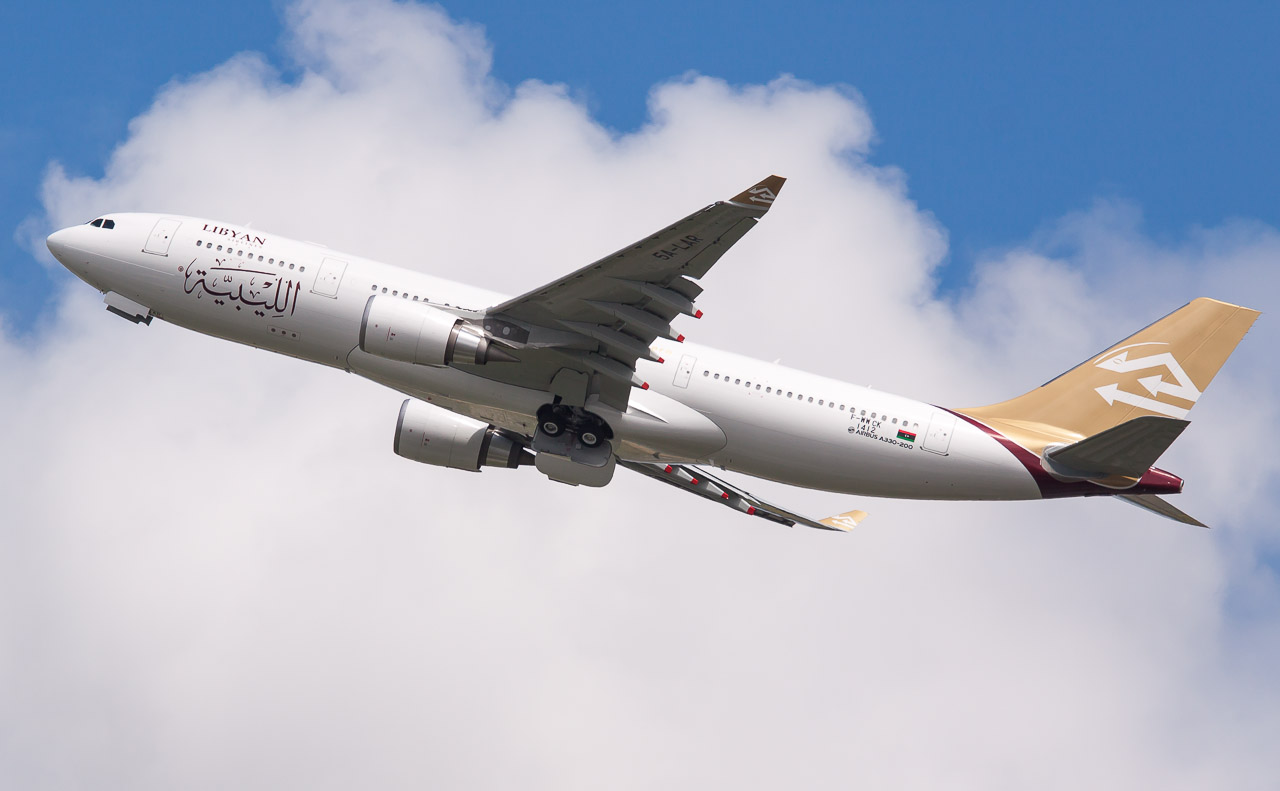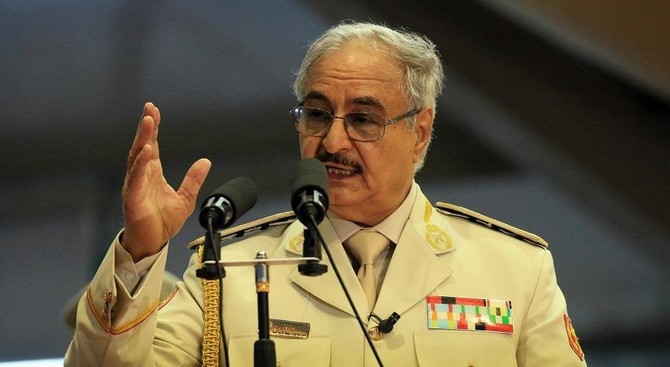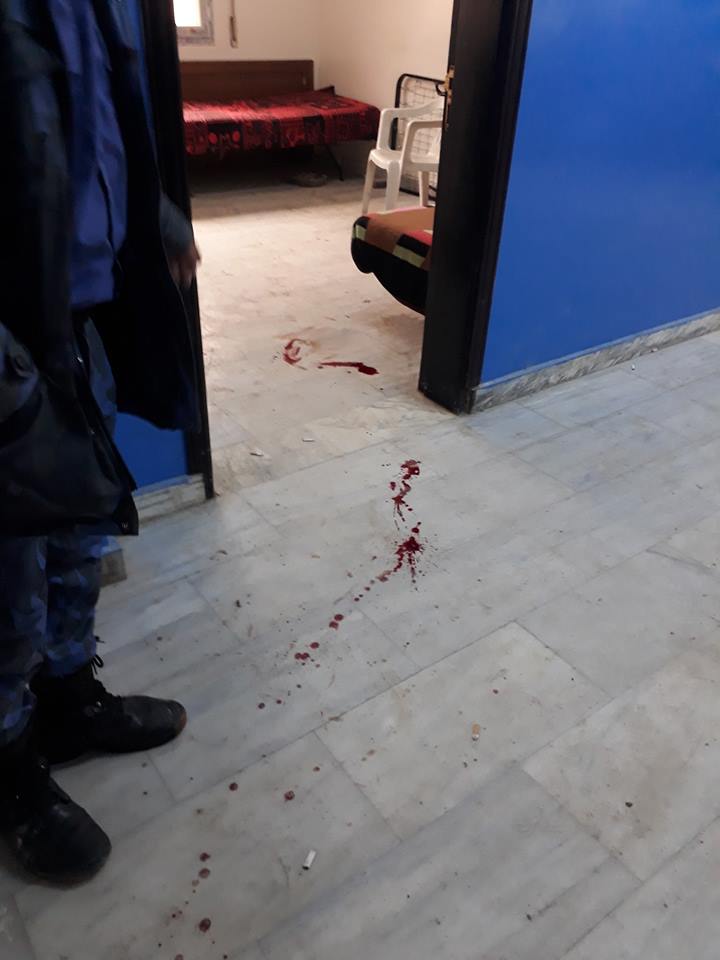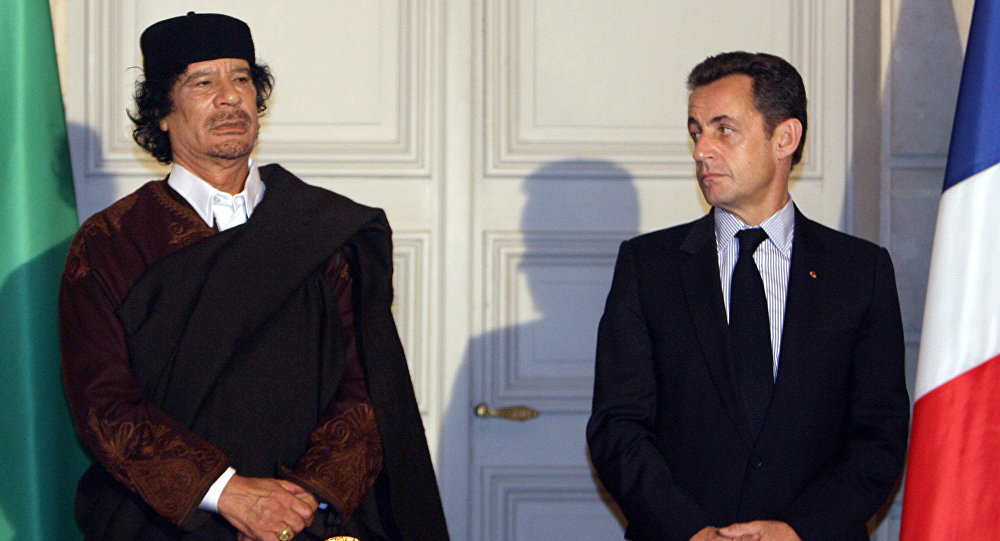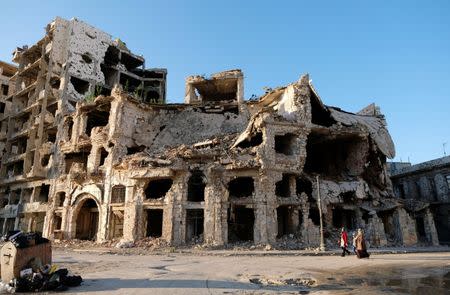Libya: ‘Substantial civilian casualties’ in Derna
https://news.un.org/en/story/2019/01/1030312

ISIL, or Da’esh, terrorist fighters took over Derna in 2014, leading to a succession of battles for control of the city, involving the Shura Council of Mujahideen, a coalition of pro-sharia law Islamist militants, the Libyan national army and local militias.
In addition to substantial civilian casualties, Ms. Ribeiro said that recent intense fighting has reportedly resulted in deteriorating infrastructures and services, leaving some civilians without basic food, water and urgent lifesaving medical care for families and the wounded.
ack in December, a trauma hospital in Benghazi, the country’s second-largest city, was hit and before that media reports said that Da’esh had claimed responsibility for attacking the Foreign Ministry in the capital, Tripoli.
In November, fighting between armed militia damaged a Tripoli hospital for Women and Childbirth, resulting in a doctor being shot and a three-day halt to non-emergency medical services.
Meanwhile, migrants and refugees are being subjected to "unimaginable horrors" from the moment they enter Libya in what Ghassan Salamé, the head of the UN political mission there (UNSMIL), told the Security Council last month was a “hidden human calamity”.
https://news.un.org/en/story/2019/01/1030312

ISIL, or Da’esh, terrorist fighters took over Derna in 2014, leading to a succession of battles for control of the city, involving the Shura Council of Mujahideen, a coalition of pro-sharia law Islamist militants, the Libyan national army and local militias.
In addition to substantial civilian casualties, Ms. Ribeiro said that recent intense fighting has reportedly resulted in deteriorating infrastructures and services, leaving some civilians without basic food, water and urgent lifesaving medical care for families and the wounded.
ack in December, a trauma hospital in Benghazi, the country’s second-largest city, was hit and before that media reports said that Da’esh had claimed responsibility for attacking the Foreign Ministry in the capital, Tripoli.
In November, fighting between armed militia damaged a Tripoli hospital for Women and Childbirth, resulting in a doctor being shot and a three-day halt to non-emergency medical services.
Meanwhile, migrants and refugees are being subjected to "unimaginable horrors" from the moment they enter Libya in what Ghassan Salamé, the head of the UN political mission there (UNSMIL), told the Security Council last month was a “hidden human calamity”.

